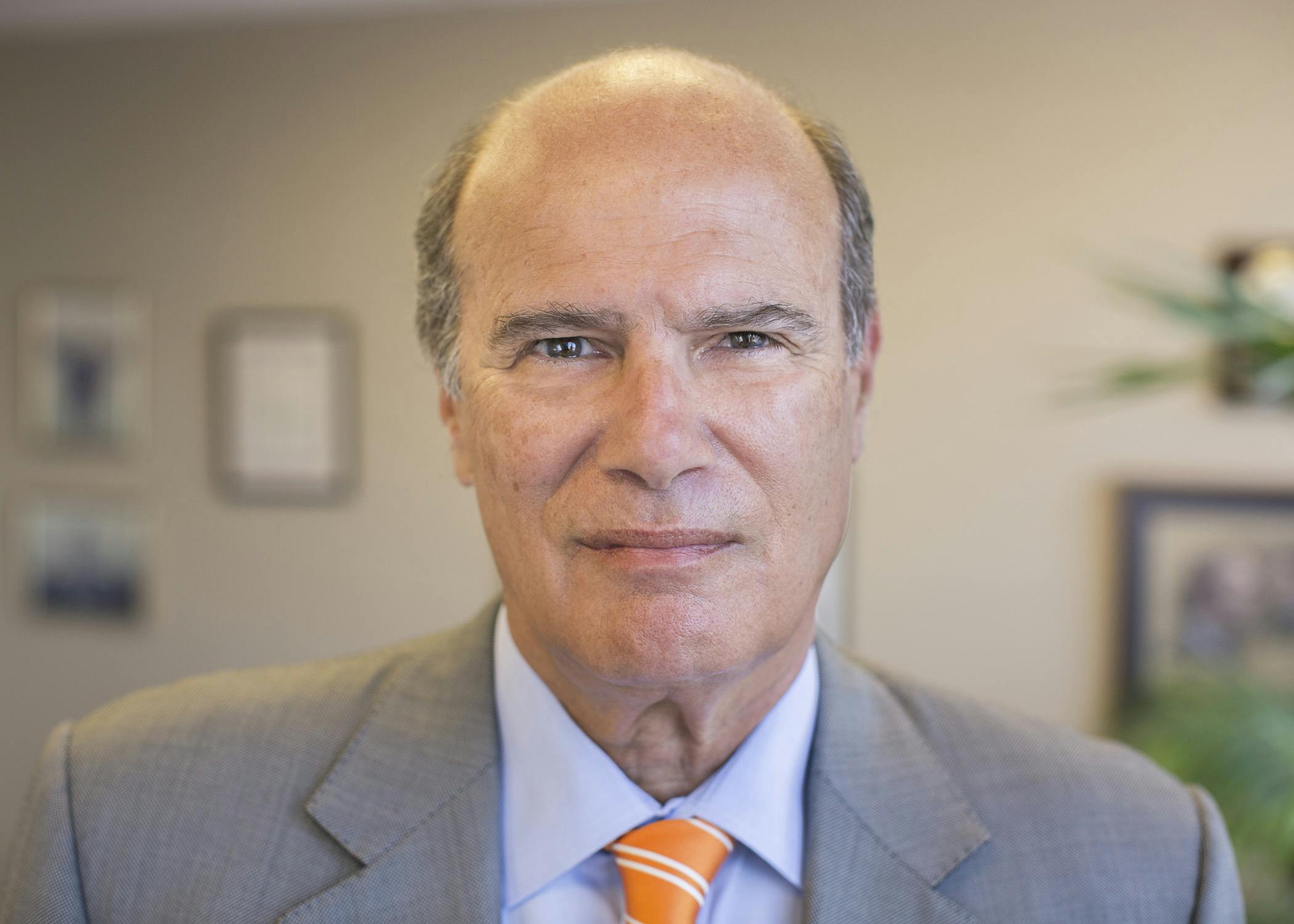On March 20, 2020, in response to the COVID-19 pandemic, Massachusetts Attorney General Maura T. Healey issued an emergency rule to prevent “unconscionably high” price increases during a statewide or national emergency. This new regulation, which went into effect immediately, dramatically expands the state’s emergency anti-price gouging rules, which had previously applied only to petroleum products, to “any goods or services necessary for the health, safety or welfare of the public.”
The emergency amendment to Section 3:18 of Chapter 940 of the Code of Massachusetts Regulations adds two new subsections to existing rules and states: “It shall be an unfair or deceptive act or practice, during any declared statewide or national emergency, for any business at any point in the chain of distribution or manufacture to sell or offer to sell to any consumer or to any other business any goods or services necessary for the health, safety or welfare of the public for an amount that represents an unconscionably high price.”
The regulation specifies that an “unconscionably high price” exists when:
“(a) there is gross disparity between the price charged or offered and
1. the price at which the same good or service was sold or offered for sale by the business in the usual course of business immediately prior to the onset of the declared statewide or national emergency, or
2. the price at which the same or similar product is readily obtainable from other businesses; and
(b) the disparity is not substantially attributable to increased prices charged by the business’s suppliers or increased costs due to an abnormal market disruption.”
In her announcement of the new regulation and a related tweet, Healey cited “inflated prices for goods like hand sanitizer, face masks, and gloves as well as temporary personnel in response to the growing demand for such products and services due to the spread of COVID-19.” In press comments, she further highlighted “medical supplies and temporary hires of lab techs, nurses, and the like” as areas that might warrant increased scrutiny. The AG’s Consumer Protection Division also established a hotline, which has already generated more than 100 complaints from consumers.
The authorizing statute for these regulations is Mass. Gen. L. c. 93A, which prohibits unfair methods of competition and unfair or deceptive acts or practices, and applies to both consumer transactions and business-to-business transactions. It allows the Office to seek injunctive relief, civil penalties, and other relief. Prvate parties may seek relief as well. Healey dispensed with the normal notice period and hearing due to the Commonwealth’s Declaration of Emergency.
The only reported case interpreting the language of the pre-amendment 940 C.M.R. 3:18 was a case brought by consumers. In White v. R. M. Packer Co., 635 F.3d 571 (1st Cir. 2011), a group of plaintiffs on Martha’s Vineyard brought an action alleging, among other things, that the defendant gas station operators had engaged in price-gouging after Hurricane Katrina. The First Circuit affirmed summary judgment for the defendants. The court held that increased prices when “gross margins were generally rising only very moderately” did not establish a violation of the regulation.
Massachusetts’ expansion of its anti-price gouging regulations is consistent with statements from state attorneys general, and officials in cities like New York and Chicago, who have said they will prosecute companies who price gouge during the coronavirus pandemic. Importantly, however, although roughly two-thirds or more of the states have anti-price gouging laws, those laws often differ in crucial respects, including: the products or services covered; what constitutes price-gouging (in some states, for example, a price increase of 10% or less is permitted, while in New York even a small price increase may be actionable); whether a violation is civil or criminal and potential remedies; and the duration of the anti-gouging restrictions. And in some jurisdictions that lack specific anti-gouging laws, state attorneys general contend they may attack price gouging under unfair competition, deceptive practices, or other laws.
Finally, federal restrictions on the pricing of health and safety items may be coming. Executive Order 13909 designated personal protective equipment and ventilators as scarce resources under the Defense Production Act, and authorized the U.S. Department of Health and Human Services (HHS) to make further designations. On March 23, 2020, President Trump signed Executive Order 1310, which reemphasized that HHS may prohibit “accumulating the material either in excess of reasonable demands of business, personal, or home consumption, or for the purpose of resale at prices in excess of prevailing market prices.”
In short, businesses should be aware of all relevant anti-price gouging laws, and proceed with caution in implementing any price increases during this emergency period.



